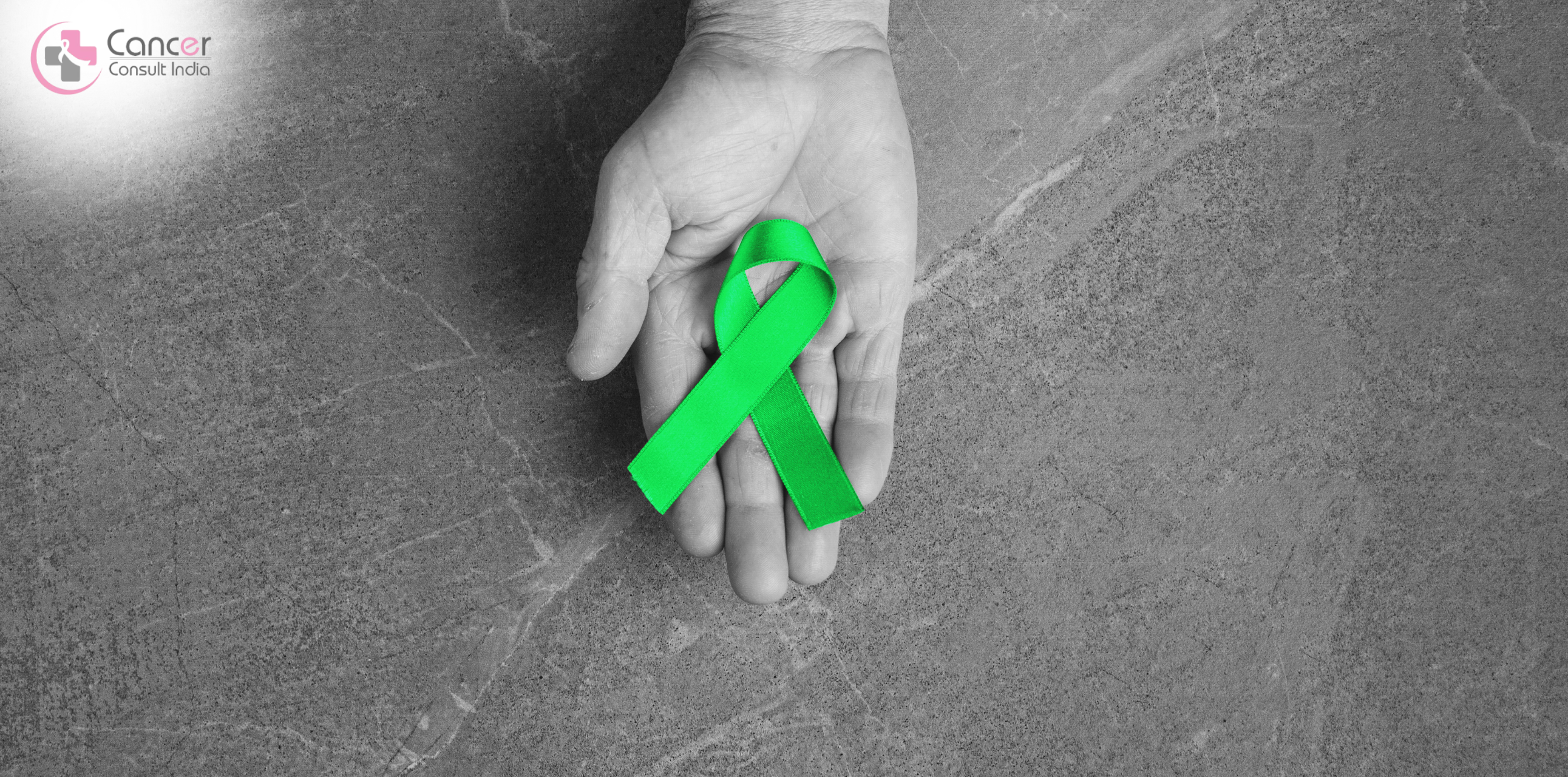Dr Manish Singhal - The best Cancer Specialist in Delhi
Most Asked Questions about Lymphoma Cancer?

How Quickly do the Symptoms Progress in Lymphoma Cancer?
The cancerous lymph nodes here grow really slowly. So slowly, in fact, that the patients can live for several years. This is mostly without any symptoms. Although, some patients are present who might experience some pain from a completely enlarged lymph gland.
After five to ten years, the lower grade disorders begin to progress really rapidly in order to become aggressive or even high grade and produce much more severe symptoms than ever. Technically speaking, the symptoms progress as slowly or quickly the cancerous lymph nodes here grow.
If you have any doubts, you can consult lymphoma cancer doctor in Noida.
What is the earliest and the lightest symptoms in Lymphoma Cancer?
There are your lymph nodes that are a portion of your immune system. These work by helping to circulate lymph fluid. These contain immune cells throughout the entire body. Well, there are about six hundred lymph nodes in the human body.
The enlarged lymph nodes might feel or even look like lumps under the skin. However, these generally do not cause any discomfort. There are the common signs for the enlarged lymph nodes that include –
- Side of the neck
- Groin
- Underarm area
- Above the collarbones
What are the most obvious symptoms in Lymphoma Cancer?
The common symptoms of having lymphoma, includes the swelling of the lymph nodes in the neck. These might also be in the armpits or the groin. All of this is often but not always painless.
The above could often be associated with fevers, or even unexplained weight loss. There might also be the drenching night sweats or the chills. Fatigue might be persistent.
Consult the best cancer doctor in Noida.
Which symptoms of Lymphoma Cancer are most common & found in majority of the patients?
- The painless swelling of lymph nodes in the neck, the armpits or groin
- Persistent fatigue
- Fever
- Night sweats
- Shortness of breath
- Unexplained weight loss
- Itchy skin
Which symptoms help patients & doctors to accurately identify Lymphoma Cancer?
- The painless swelling of lymph nodes in the neck, the armpits or groin
- Persistent fatigue
- Fever
- Night sweats
- Shortness of breath
- Unexplained weight loss
- Itchy skin
What is a sign of Lymphoma Cancer that many people shrug off?
The common symptoms of having lymphoma, includes the swelling of the lymph nodes in the neck. These might also be in the armpits or the groin. All of this is often but not always painless.
The above could often be associated with fevers, or even unexplained weight loss. There might also be the drenching night sweats or the chills. Fatigue might be persistent.
How to test yourself for Lymphoma Cancer?
There are your lymph nodes that are a portion of your immune system. These work by helping to circulate lymph fluid. These contain immune cells throughout the entire body. Well, there are about six hundred lymph nodes in the human body.
The enlarged lymph nodes might feel or even look like lumps under the skin. However, these generally do not cause any discomfort. There are the common signs for the enlarged lymph nodes that include –
- Side of the neck
- Groin
- Underarm area
- Above the collarbones
What is Lymphoma Cancer treatment success rate?
There is the absolutely overall five-year relative survival rate for the people with NHL. This is seventy two percent. However, it is essential to keep in mind that the survival rates can differ or even vary widely for the different sorts and stages of lymphoma.
Lymphoma is a cancer of the lymphatic system. This is a part of the body’s germ fighting network system. There are two types of lymphoma that exist. These are –
- Hodgkin’s lymphoma, called Hodgkin’s disease
- Non-Hodgkin’s lymphoma
Basically, what lymphoma treatment is best for you ultimately depends on the type of the lymphoma and also the severity. Lymphoma treatment might involve chemotherapy, immunotherapy medications, radiation therapy, or a bone marrow transplant.
It might also involve certain combinations of the above.
When should you see the doctor?
You can make an appointment with the doctor in case you have any persistent signs or symptoms that make you worry.
Also, the doctors are not sure about what causes lymphoma. However, it begins when a disease fighting white blood cell called a lymphocyte develops a genetic mutation. The mutation tells the cell to continuously multiply.
The above causes several diseased lymphocytes to continue multiplying. The mutation also allows the cells in order to go on living when the other normal cells will die. This causes loads of diseased and ineffective lymphocytes in the lymph nodes. This causes the spleen to swell.For the best suggestions, you can always visit Dr. Manish Singhal, the best oncology doctor in Delhi.



